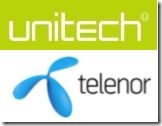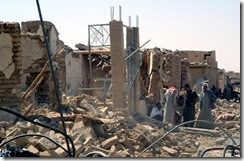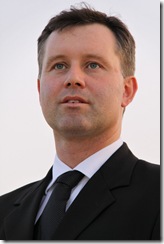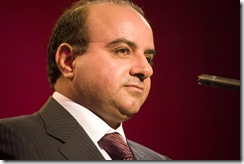On May 14 Alcatel-Lucent announced it was selected by Telenor’s Indian subsidiary, Unitech Wireless, to deploy the operator’s initial GSM and EDGE mobile networks in the Kerala and Orissa telecoms circles. The price of the contract was not disclosed.
Unitech Wireless holds licences for all of India’s 22 telecoms circles and intends to launch commercially in the third quarter of this year. Telenor purchased 60 per cent of Unitech Wireless for US$1.07 billion in October 2008, and said in February it plans to raise its stake to 74 per cent.
Alcatel-Lucent will design, deploy and maintain its multi-standard GSM/EDGE radio access solution including its base station controller platform and TWIN transceivers, along with a next generation network mobile core network.
Telenor signed an infrastructure sharing agreement with Wireless-TT Info Service tower subsidiary and Quippo Telecom Infrastructure as part of its strategy to quickly rollout its network and reduce CAPEX. The tower sharing agreement allows Unitech Wireless to mount its mobile network antennas onto existing towers owned by Tata and Quippo, as well as any new towers that are built.
Telenor’s agreement covers approximately 40,000 sites, of which approximately 22,000 were to be in place by April. The remaining towers will be built throughout 2009 and 2010 in accordance with Unitech Wireless’ needs. The tower sharing and transmission agreements both have 20-year terms with options to extend the contracts for a subsequent five-year period.






